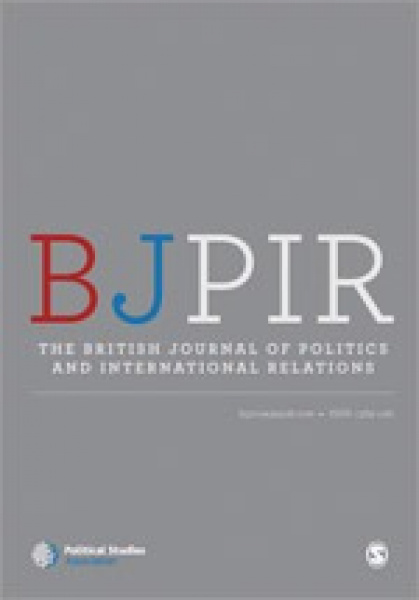A dialogue of the deaf? Conflicting discourses over the EU and services liberalisation in the WTO

Research Highlights and Abstract: The role of the European Union (EU) in services liberalisation-and the impact thereof on the provision of services of general interest-has been highly contentious both globally and in the EU. Besides other policy issues, services liberalisation contributes to make the EU a 'conflicted trade power' (Meunier and Nicolaïdis 2006). The study of conflicting discourses and, in particular, the EU's responsiveness to criticism towards the conduct of its trade policy can help to understand the legitimacy issues the EU has to face better than approaches focused on negotiating positions shaped. The study finds that the EU's trade policy is characterised by continuity in spite of the a) potentially various ideological profiles of EU Trade Commissioners b) in the face of contention by civil society, c) external events such as the global financial crisis and the EU debt crisis. However, specific institutional settings can prompt political responsiveness from the Commission in a greater extent. In the European arena, unlike in the more loosely structured global arena, the existence of a parliamentary debate and formal as well as informal contacts with organised civil society (NGOs, interest groups and unions) constrain the EU Commission to more discursive responsiveness and provides for better accountability. This article examines interactions between two conflicting discourses over the EU, public services and negotiations during the WTO Doha Round (2001-2012): on the one hand, the discourse of the anti-GATS transnational advocacy network, and on the other, that of the two EU Trade Commissioners. Conducting a frame analysis in a discursive institutionalist perspective, the eventfulness of political interactions is found to be more important than Commissioners' personal views, but differentiated institutional settings are even more crucial: the presence of a parliamentary arena in the EU arena, in particular, constrains Commissioners to engage with the discourse put forward by its critics; whereas in the global arena they tend to stick to their own framing of services liberalisation as a win-win process. The stalling of the Doha Round and the rise of the debt crisis have brought about new ways of framing threats related to the EU's trade policy. © 2013 The Author. British Journal of Politics and International Relations © 2013 Political Studies Association.
| Type | Article |
|---|---|
| Identificateur | urn:issn:1369-1481 |
| Language | En |
| Length | 168 187 |
| Themes |
|
| Discipline(s) |
|
| Publication date | 2014 |
| Notes |
|
| Keywords |
|
| ULB Institutional Reference | http://hdl.handle.net/2013/ULB-DIPOT:oai:dipot.ulb.ac.be:2013/168510 |

